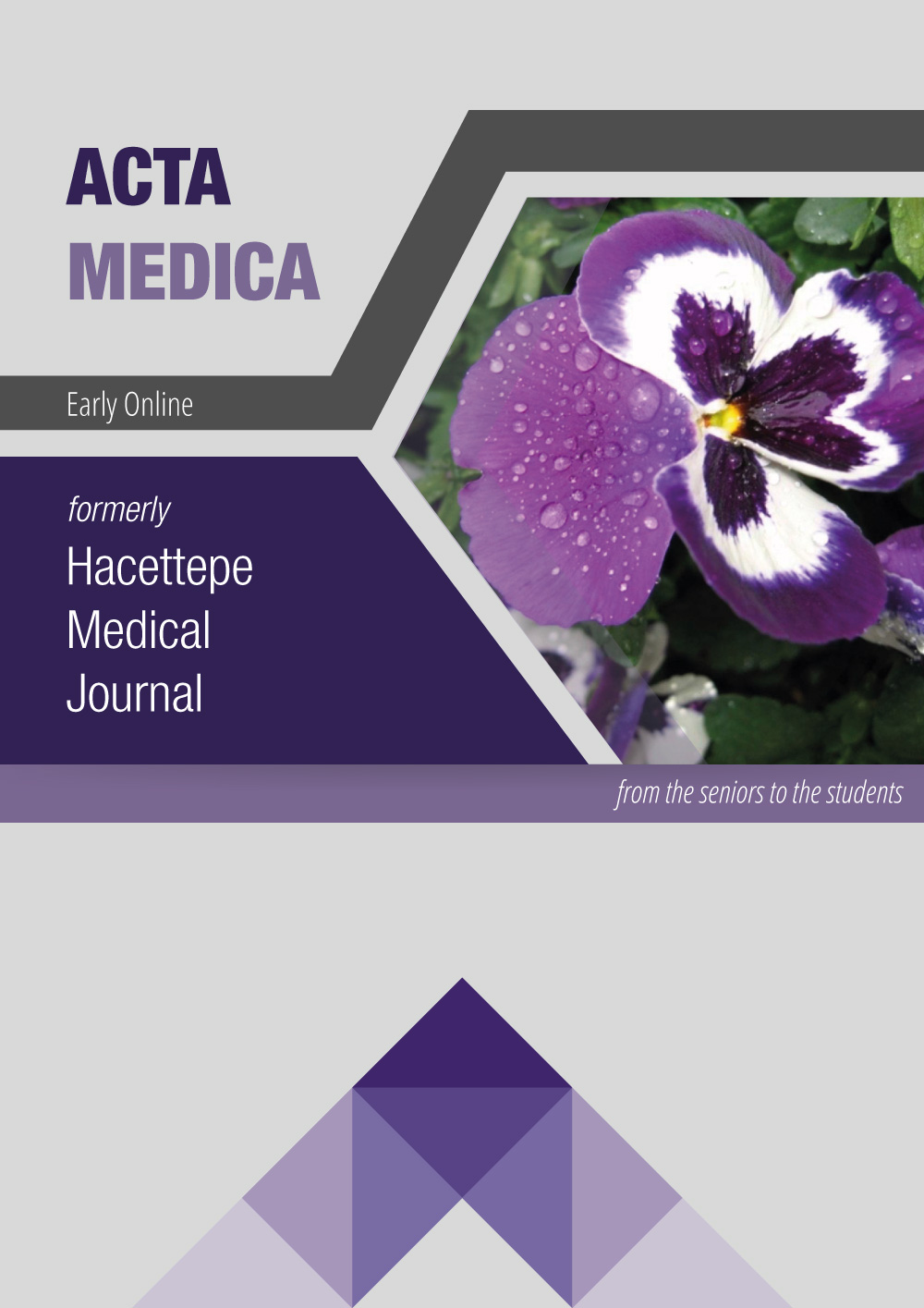Therapeutic mechanisms of glucocorticoids, their administration and chronotherapy
DOI:
https://doi.org/10.32552/2024.ActaMedica.1095Keywords:
glucocorticoid mechanisms, chronotherapy, glucocorticoid resistanceAbstract
Glucocorticoids represent a cornerstone in the treatment of inflammatory and autoimmune diseases due to their potent anti-inflammatory and immunosuppressive effects. These steroid hormones, including endogenous cortisol and synthetic analogs like prednisone and dexamethasone, exert their effects through genomic and non-genomic pathways, targeting key inflammatory mediators. While genomic mechanisms regulate long-term gene expression, non-genomic pathways enable rapid modulation of immune responses, particularly at high doses. Despite their therapeutic efficacy, glucocorticoid use is often limited by significant adverse effects, including osteoporosis and metabolic disorders. Chronotherapy, which aligns medication timing with circadian rhythms, enhances therapeutic outcomes while reducing side effects, particularly in diseases like rheumatoid arthritis where inflammation peaks in the early morning. Emerging innovations, such as selective glucocorticoid receptor agonists (SEGRAs) and liposomal drug delivery systems, offer targeted anti-inflammatory effects with reduced systemic toxicity. These advancements highlight the potential for optimizing glucocorticoid therapy to achieve maximum efficacy while mitigating adverse effects. This review underscores the importance of understanding glucocorticoid mechanisms, administration methods, and novel therapeutic strategies to improve outcomes in inflammatory and autoimmune diseases.
Downloads
Downloads
Published
How to Cite
Issue
Section
License

This work is licensed under a Creative Commons Attribution-NonCommercial-NoDerivatives 4.0 International License.


